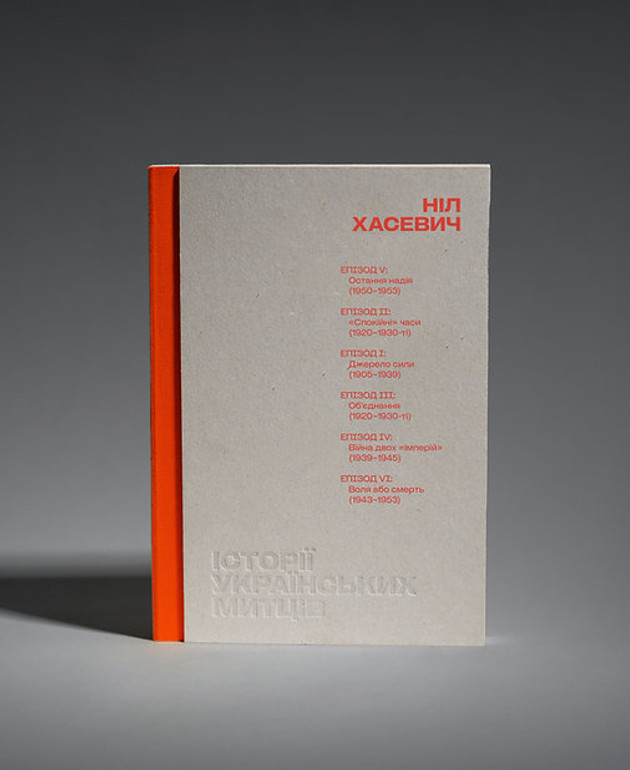Expert reports out: Bitcoin can replace the dollar

Larry Fink, CEO of Blackrock, the world’s largest asset manager, expresses it very directly in his recently published letter to shareholders:
« The dollar’s position as a global reserve currency is not guaranteed. » And: « If the US cannot get its debt under control and if the deficits continue to grow, the United States risks losing this position to digital assets like Bitcoin. »
What sounds like a breach of a taboo is actually quite important. Larry Fink’s warning comes at a time when Bitcoin’s popularity is growing with express speed, and the United States is struggling with historically high government debt, trade conflicts and a slow erosion of confidence in the US dollar. The weakening of the global reserve currency is not exactly surprising as the downward trend already began about twenty years ago. According to the International Monetary Fund (IMF), the dollar’s share of global currency reserves has dropped from 70 % to about 58 % during this period. But how can Bitcoin help if the US dollar loses its status as a safe haven?
Bitcoin is the perfect addition to currency reserves
Although the US dollar’s long -standing status as the world’s reserve currency may face challenges, it is not in immediate danger. However, some nation states have begun exploring alternative assets like Bitcoin as part of their reserve strategy. While Bitcoin is unlikely to replace the US dollar in the foreseeable future, governments can cover up by taking the first steps to sell some of their reserves to Bitcoin.
The United States itself possesses a significant amount of Bitcoin – reportedly more than 200,000 BTC – the majority of which are acquired through seizures in connection with criminal cases. At a price of approx. $ 77,000 dollars per Bitcoin is equivalent to over $ 15 billion. Given that the total amount of Bitcoin is limited to 21 million, the US government’s inventory is approx. 1 % of all bitcoins that will ever exist.
Among other things, a country’s currency reserves must act as buffer in times of crisis, ensure international payment obligations and maintain confidence in the country’s financial stability. Gold has e.g. A permanent place in almost all national reserves along with much sought -after currencies like the US dollar. And for good reason: The precious metal provides liquidity in times of crisis and can always be used as a means of payment. And, as the United States has experienced in recent months, what applies to gold also applies to Bitcoin.
Like gold, the amount of popular cryptocurrency is limited – there will never be more than 21 million bitcoins. Unlike « paper money » like the US dollar, Bitcoin cannot be devalued by pressing more. Therefore, many investors see Bitcoin as a fuse against inflation just like gold. Like the yellow metal, Bitcoin can also be used as a means of payment. And the cryptocurrency offers additional benefits: Thanks to the blockchain, Bitcoin is technologically safe and easy to trade with, and it can be purchased and exchanged online with a minimal effort and low costs. In addition, Bitcoin is resistant to censorship, the blockchain is decentralized, and currency institutions such as central banks have no control over it. All of these benefits make Bitcoin the perfect supplement to global currency reserves.
Other nations would be wise to follow suit and add the digital gold to their reserves. The US dollar can increasingly become a burden on the national reserves. The main problem: US debt. With over $ 34 trillion in government debt, the United States is on a fiscal course that is becoming increasingly difficult to justify – and above all. The annual interest payments are already greater than the defense budget. New debt is no longer used to finance investments, but increasingly to pay existing debt.








